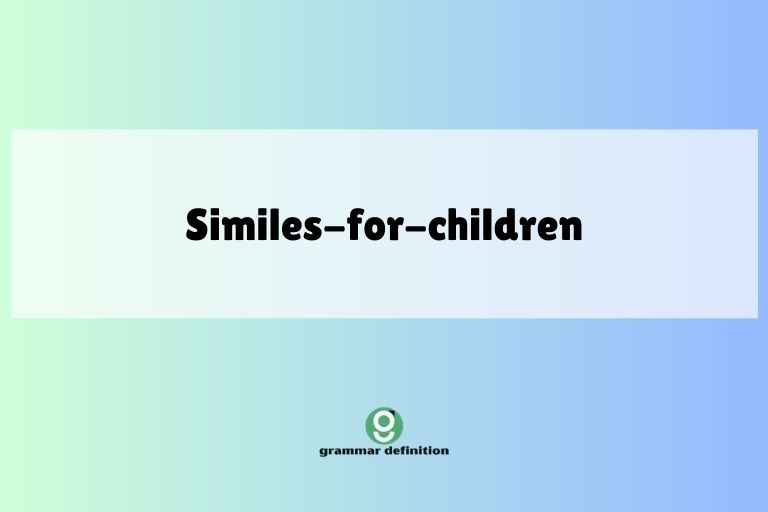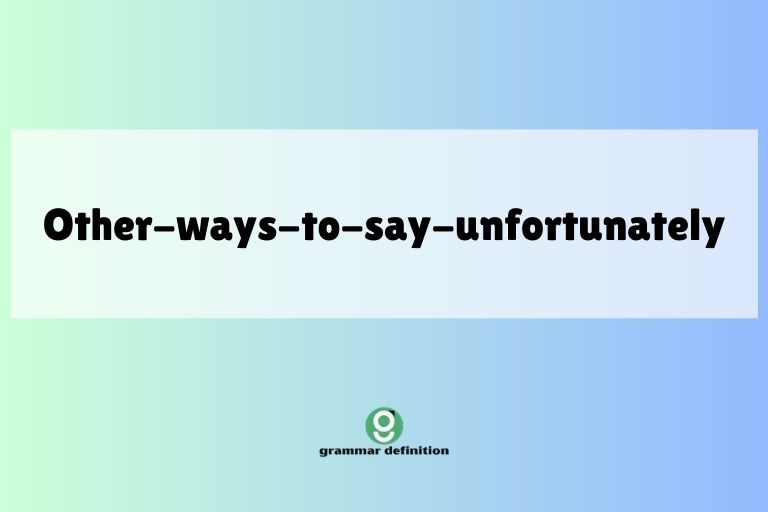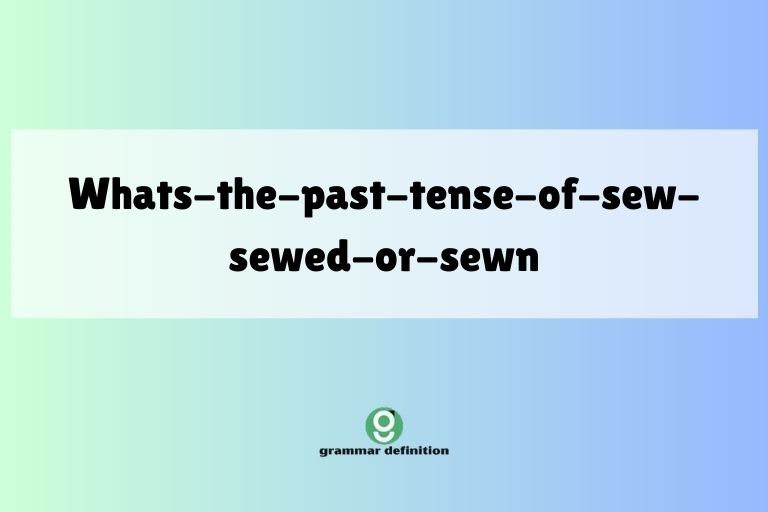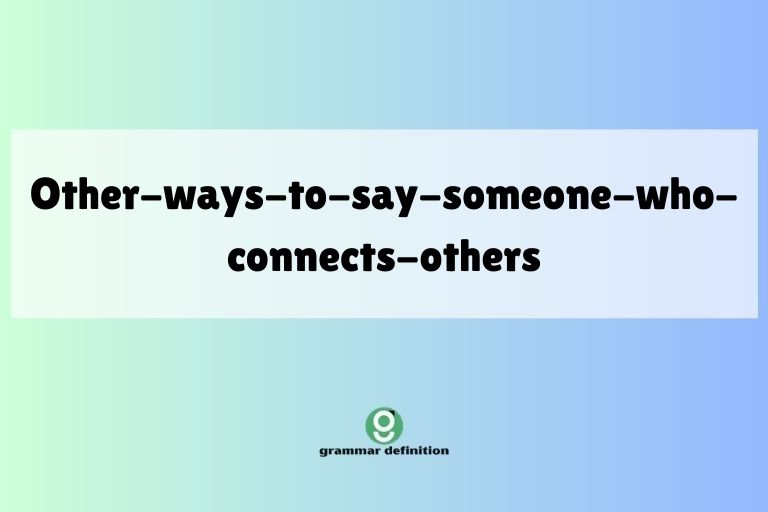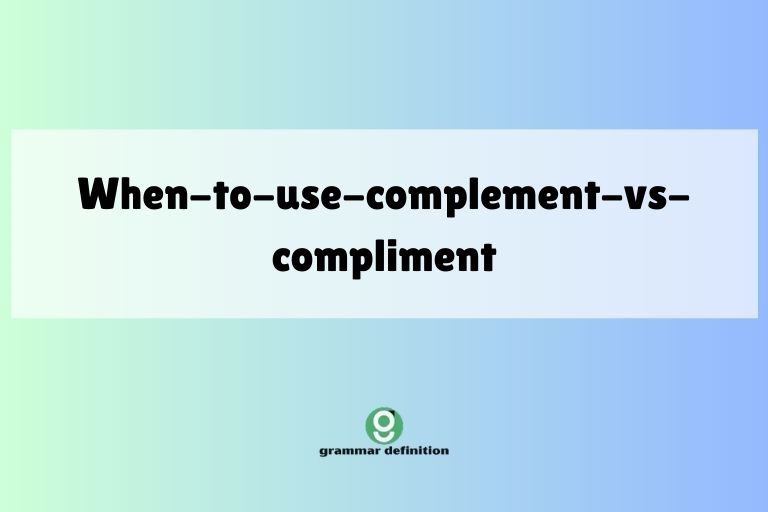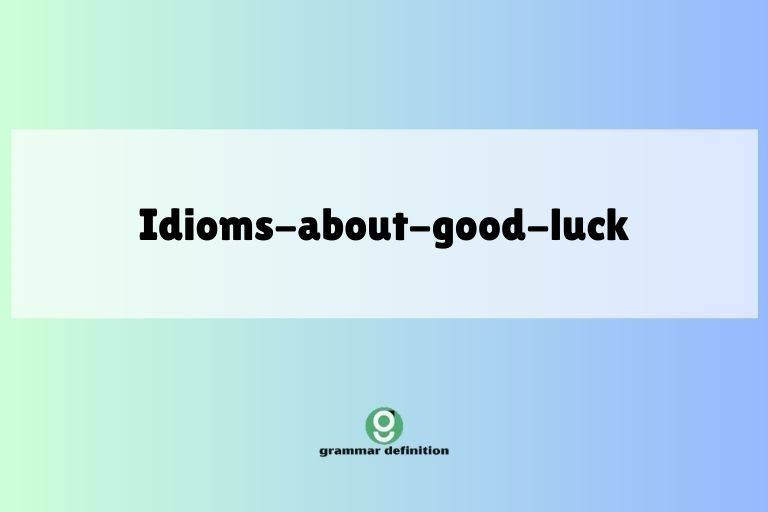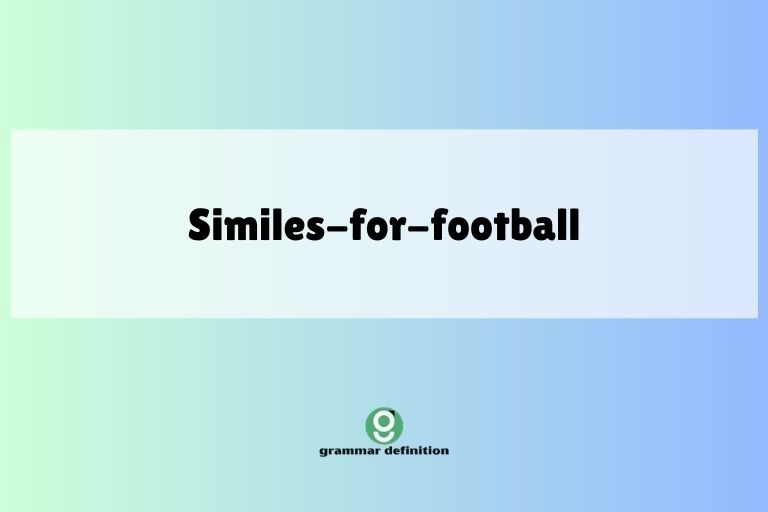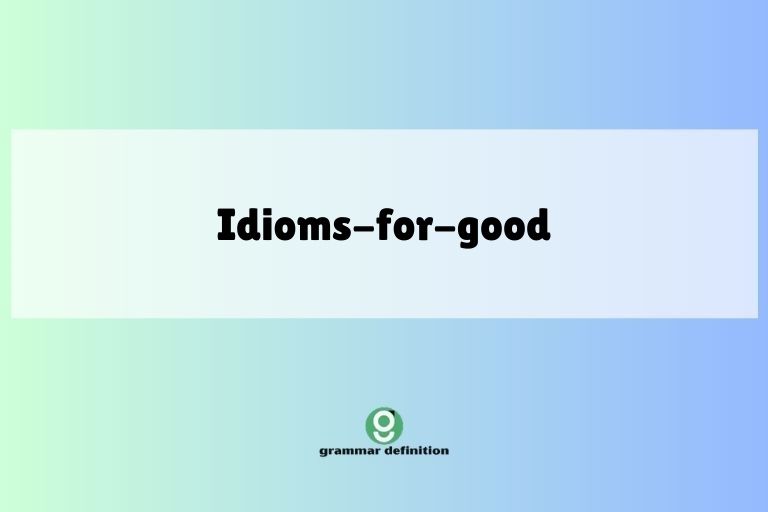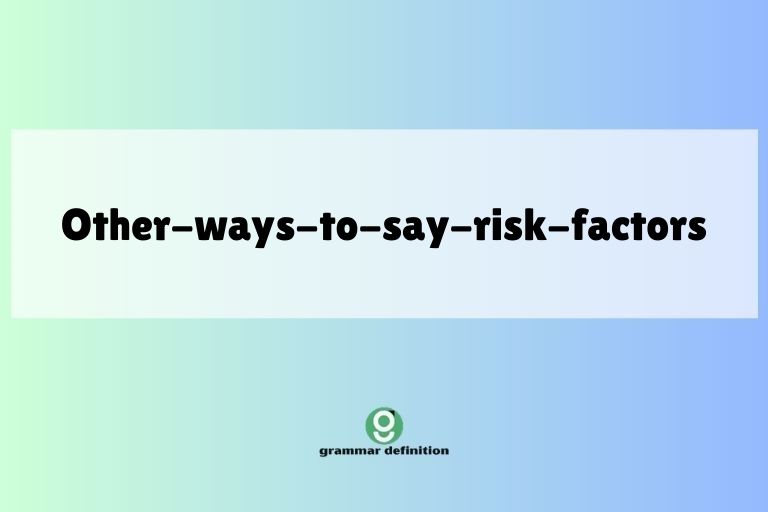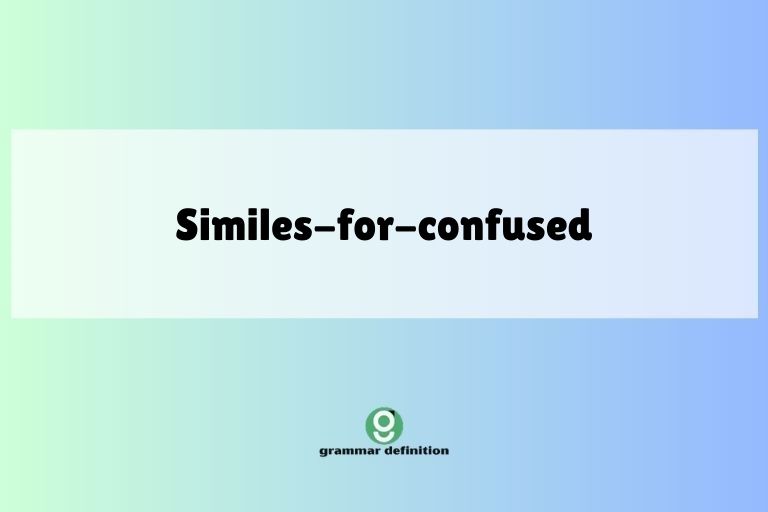Similes: Making Comparisons Fun for Kids
Understanding similes is a delightful journey into the world of comparisons and figurative language. Similes help us paint vivid pictures with words, making our writing more interesting and engaging. This article is designed to help young learners grasp the concept of similes, explore different types, and use them effectively in their own writing and speech. … Read more

